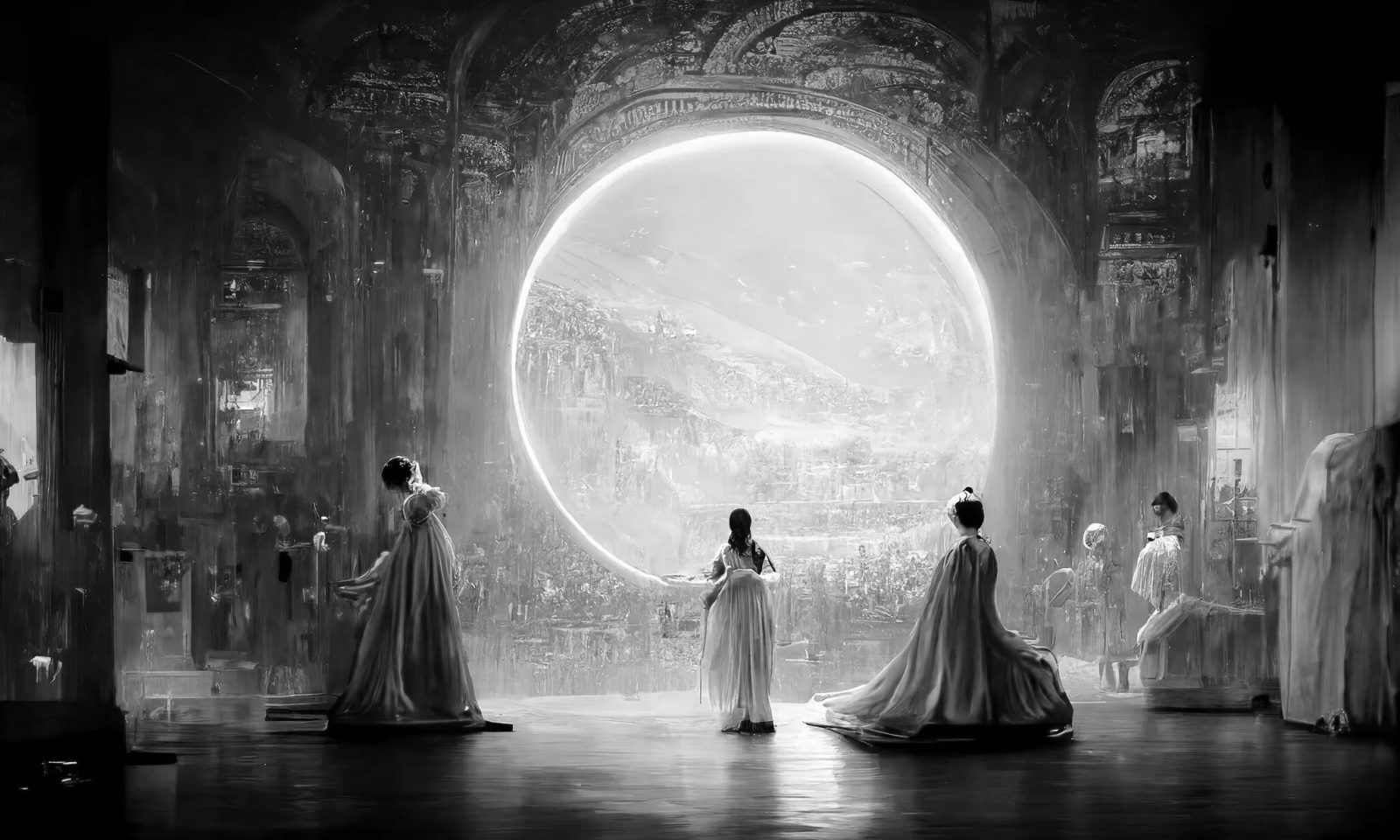Can Artificial Intelligence be granted Autorship?
The U.S. Copyright Office has once again denied the registration of an artwork created by artificial intelligence. Artist Jason M. Allen was unsuccessful in his second attempt to register the artwork “Theatre D’opera Spatial” as a copyrighted work because it contains more than a de minimis amount of content generated by artificial intelligence (AI).
The decision raises fundamental questions about copyright law, such as the definition of the author and the characteristics of the creative process leading to the creation of a work that enjoys copyright protection. The Office explained that the artwork, created using the Midjourney Image program and regardless of the fact that the applicant’s input amounted to more than 600 commands (known as “prompts”), is not the result of human creativity. However, the Office did not rule out the possibility of recognizing copyright rights to an individual creator of such a result – the applicant would thus have to limit his claim to those elements of the work that reflect the human creative process and not those parts generated and performed by AI.
Clearly, this decision will significantly influence the understanding of the necessary (creative) role of a human in the creation of AI-generated work. These requirements differ across legal systems and are more precisely described in the contribution by Maja Bogataj Jančič in the monograph “Pravo in umetna inteligenca: vprašanje etike, človekovih pravic in družbene škode”, published in 2021 by the Institute for Criminology at the Faculty of Law in Ljubljana.
On December 3, 2024, the “Knowledge Rights 21 Regional Alliance – Network of Librarians and Copyright Experts from Central and Southeastern Europe”, was officially established at a meeting hosted at the Four Points by Sheraton Ljubljana Hotel. The event was organized by Open Data and Intellectual Property Institute ODIPI and chaired by Dr. Maja Bogataj Jančič.
Recordings and presentations from all speakers at the ERA KR21 Conference Slovenia are now available on the subpage “Recordings and PPTs of Presentations by Speakers”.
Open Data and Intellectual Property Institute ODIPI invites you to a discussion organized by the European Commission Representation in Slovenia titled “Democracy in the Grip of Disinformation: What Can the EU Do?”. The event will take place on Friday, December 13, 2024, from 11:00 to 12:30 at the House of the EU in Ljubljana, Slovenia and online.
Open Data and Intellectual Property Institute ODIPI organized the ERA KR21 Conference Slovenia on December 2, 2024, with the support of the Ministry of Higher Education, Science, and Innovation of the Republic of Slovenia and the Knowledge Rights 21 (KR21) program. The Conference focused on addressing the most pressing issues in copyright regulation in the fields of science and Open Science within the European Union (EU), with particular emphasis on barriers and incentives for Open Science in copyright law. The event represented the contribution of the Government of the Republic of Slovenia to implementing European Research Area (ERA) Policy Agenda Action 2, which focuses on creating a supportive EU legislative framework for copyright and data governance.





